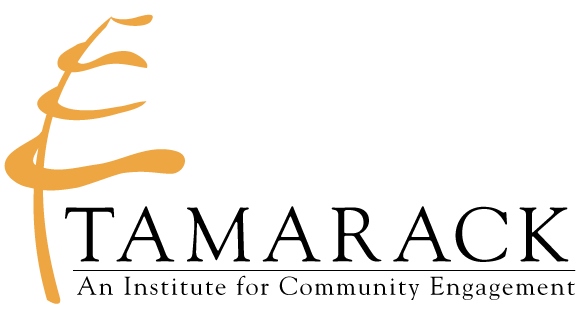To all members of the NCDD community:
With our small staff and modest budget over the years, we’ve always relied on NCDD members to step forward as volunteers to plan the national and regional conferences, organize our online events, host our book clubs, contribute content to the website, create videos, provide each other with advice, and so much more. We are a Coalition after all, and that’s part of our culture.
I hope you’ve noticed that NCDD has a lot going on these days — now more than ever before, from my vantage point. We have our new member map and directory, regular confab calls and tech tuesdays, lots of rich collaborative projects like Creating Community Solutions (the national dialogue on mental health project) and the CommunityMatters partnership, a news blog that keeps getting better and better. And we want to keep up this momentum as well as the high quality of our activities and products.
 We’re looking to create a go-to list of NCDD members we can tap into when we need volunteers — and when we have opportunities to contract with NCDD members.
We’re looking to create a go-to list of NCDD members we can tap into when we need volunteers — and when we have opportunities to contract with NCDD members.
There are many opportunities on the horizon for you to participate more deeply in NCDD. We’ll need researchers and report writers, people who can theme and summarize the best listserv conversations and blog threads, people who can help us do systems mapping and geo-mapping, people who can interview leaders in the field for the blog, collect mini case stories for the Dialogue Storytelling Tool, share their own stories and cases, do graphic recording, help manage our social media accounts, and so much more.
Some tasks will be volunteer tasks, of course, but some that require a greater time commitment or a specialized skill set will be compensated.
If you’re interested in volunteering or contracting with NCDD in the coming months and years, please take a few minutes and fill out the 10-question survey that’s up at:
www.surveymonkey.com/s/ncdd-rolodex
This survey will help us develop a rolodex of great members who are willing to be contacted about volunteer and paid opportunities that arise, based on your skills, experience and interests.





 Mark Gerzon, Tom Hast and John Steiner of Mediators Foundation
Mark Gerzon, Tom Hast and John Steiner of Mediators Foundation Susan Stuart Clark
Susan Stuart Clark


 Many people did exactly that. In all, nearly 150 stepped up during the drive (all but 14 as supporting members), representing more than $6,000 in support for 2014. That includes 64 brand-new members (welcome!). We think it says a lot when people choose to contribute dues when they don’t have to.
Many people did exactly that. In all, nearly 150 stepped up during the drive (all but 14 as supporting members), representing more than $6,000 in support for 2014. That includes 64 brand-new members (welcome!). We think it says a lot when people choose to contribute dues when they don’t have to. The discussion questions were designed to provide a safe space for candid dialogue on mental health, one of the most critical and misunderstood public issues we face. During the conversation, groups were asked to respond to polling questions related to mental health. Results from the live polling questions were tabulated almost instantly, so people could see how participants across the country responded.
The discussion questions were designed to provide a safe space for candid dialogue on mental health, one of the most critical and misunderstood public issues we face. During the conversation, groups were asked to respond to polling questions related to mental health. Results from the live polling questions were tabulated almost instantly, so people could see how participants across the country responded.